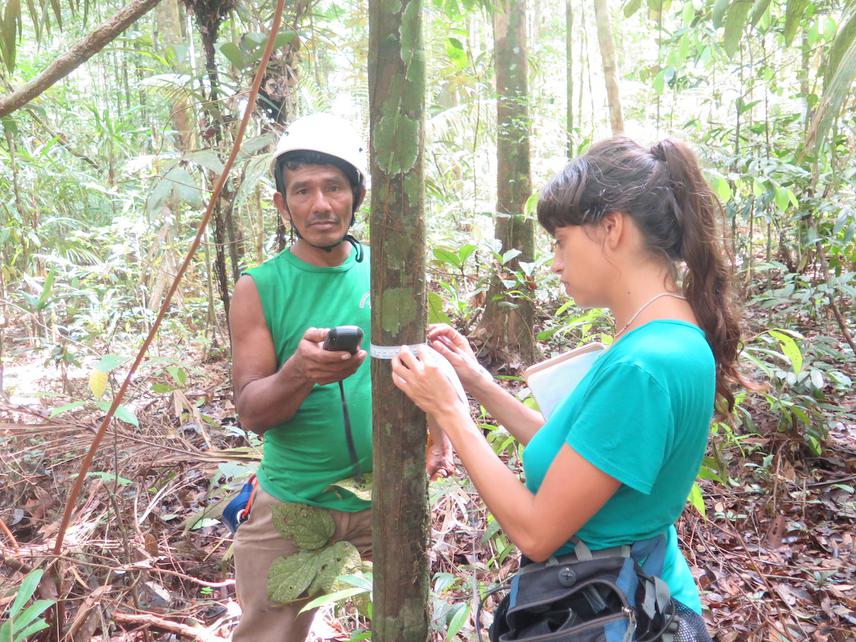Olivia Beatriz Moraes Dias de Aguiar
The project aims to guide the process of participatory forest resources management in the Pallushayu´s territory. The primary task is participatory ethnomapping of their territory.

This project is based on a demand of the Yawalapíti community that are moving to the traditional Pallushayu´s terrritory, and will be part of a post-graduate research project at the National Institute of Amazonian Research.
The Yawalapiti women will build the Pallushayu’s Women House that it is a Yawalapíti women’s initiative taken after they identified the necessity of having a special place for themselves. The place will harbour the practices of the indigenous women, preserving their memories, transmitting knowledge and making decisions among which is management of forest resources. In this context, the women have the intention to start to produce seed for forest resource expansion, contributing to the restoration and maintenance of biodiversity of the Xingu River basin.
The forest resource management, the work with seed collection and agroforestry needs to be planned. The local distribution of forest species is mostly related to local pedology, and traditional management. In this sense, the primary task is participatory ethnomapping of their territory, registering their plants, uses, and associating the plants with soils. This ethnomap will be used as a tool for forest resources management, and for the socioenvironmental planning of the women’s activities with the goal of combining production with conservation. The ethnomaps, the floristic and soil inventory will be returned during agroforestry and seed management workshops.
This study will also contribute to expanding knowledge about agrobiodiversity of the Savana-Forest ecotone, and for empowering indigenous people, who are the main protectors of Brazilian forests. The characterization of the study environment, the enhancement of traditional knowledge, acknowledgment of practices that promote better use of forest resources will support the sustainable development and food security of the tribe. The involvement of women and young people in the research has the goal of fostering environmental education in the village and strengthening the transmission of traditional knowledge. Several forest resources and cultivars have been lost or are not used anymore, sometimes because these plants are no longer abundant in the territory, or sometimes because the youth do not know how to use them. The practice and research on these plants, their management and potential, will contribute to the maintenance and planting of these species, fostering productive chains that promote income generation and economic autonomy for the women and for all community.